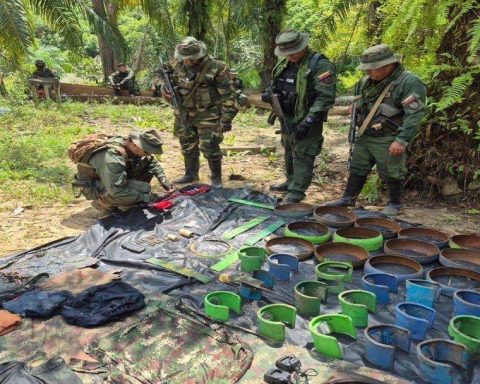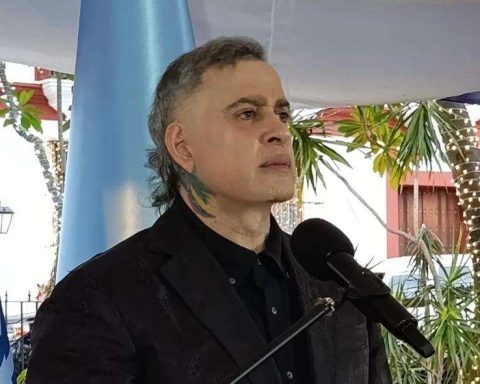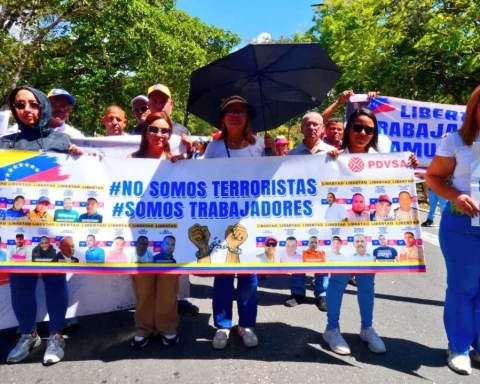
In very broad lines, sanctions are a resource that democratic countries ―such as Canada or the United States― or multilateral entities ―such as the European Union― exercise against people, companies or against regimes that act outside the framework of the law. A distinction must be made: the sanctions do not rise to the level of the trade embargo, which is much more severe, and which is recognized as the general prohibition of one country to trade with another. In any case, sanctions are always peculiar: their motivations, characteristics, implementation and duration depend on the realities they oppose.
The bottom line is that sanctions are, beyond the economic, a political tool, a mechanism of pressure or punishment. Those that have been approved, referring to Venezuela, are a response to three groups of facts that no one should forget at this time: one: massive, generalized and unpunished corruption, which has led Venezuela to a state of poverty and to realities of increasingly widespread impoverishment causing disease, death and a brutal deterioration in the quality of life. This is key: Venezuelan oil exports are the nucleus of illicit enrichment, the main source from which the plugged-in and the bosses of the regime, civilians and military, live.
Second, the sanctions are aimed at counteracting a criminal structure that has appropriated the Venezuelan state and its military and police branches. This structure has been defined, created and adjusted to put into practice a policy of violation of human rights in Venezuela. And he has killed and tortured; has created an industry of political prisoners, which continues to operate in Venezuela. It has implemented systems of persecution against society, against anyone who protests, claims their rights or simply resists tolerating the abuses committed against them. It cannot be ignored: the sanctions are aimed at the regime that tortures, kills in prisons and kills in the streets, silences, censors, threatens and extorts. They go against the regime that besieges the free exercise of journalism and the right to information.
The next thing, the third point in this relationship, is that the sanctions have the purpose of punishing the massive destruction of institutions, public services, national infrastructure. Or is it possible to deny that the operation of the health system, the electrical service, the distribution of drinking water, the maintenance and creation of new infrastructures, the educational system, the identification and immigration system, the protection and security of Citizenship is at unthinkable levels of precariousness and negligence?
The Venezuelan tragedy, in its many facets, is the exclusive responsibility of the regime: this can be demonstrated with facts, documents, testimonies and statistics. This is what the real life of the vast majority of Venezuelans is about: a life that is increasingly difficult, increasingly needy, with increasingly lower expectations for the future. That, precisely, and nothing else, is the forced and massive emigration that has led almost 7 million compatriots to live outside the territory.
Eliminating the sanctions would have no other result than to make the armed and ferocious regime that crushes Venezuelan society more powerful. Eliminating the sanctions would be equivalent to fattening the channels through which corruption appropriates the wealth and property of Venezuelans. Eliminating the sanctions would mean establishing, without counterweights, a situation of absolute impunity that could no longer be reversed, inside and outside Venezuela. Eliminating sanctions would be, nothing less, than eliminating one of the few containment mechanisms that exist, to limit (not prevent) corruption and all its consequences, including the sinister ones derived from its links with drug trafficking and the terrorist narco-guerrilla with the one that maintains alliances.

















